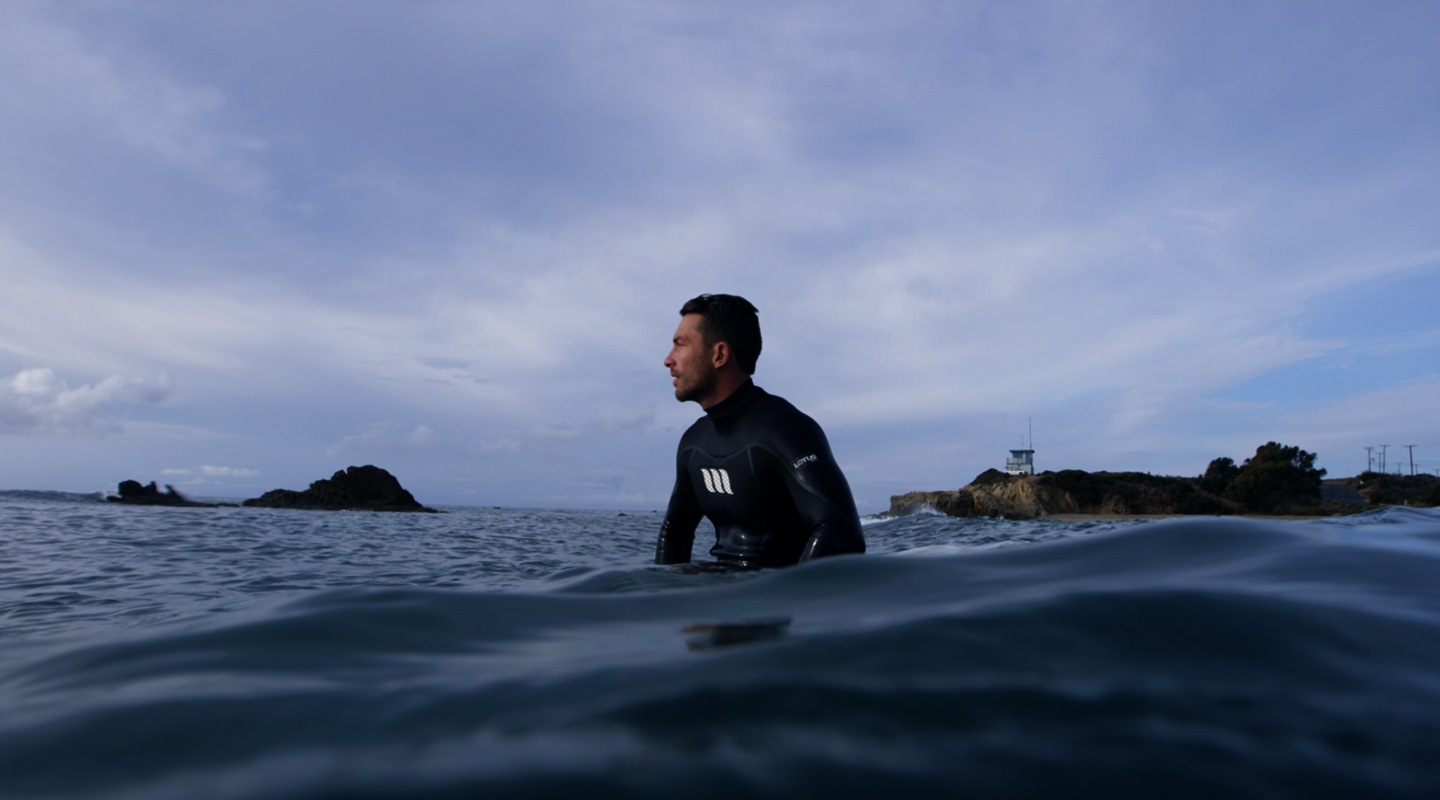
It Came A Rollin' Swell
A look inside the genesis and growth of motorbike and surf shop Deus Ex Machina.
The reasons for getting on a motorcycle or a surfboard are as varied as the types of people from that have taken up either pursuit over the decades. But if there's one thing we can say they all have in common, it's a desire for individuality, to separate oneself from the crowd and confront the wind of the open road, or the open sea, in their own style.
That freedom of expression, through identity, and through activity, is abundant in Venice, CA, the U.S. outpost of Deux Ex Machina. The company, founded in Sydney, Australia, by Dare Jennings in 2006, began as custom motorcycle operation, and has since expanded. Inspired by the motorcycles he'd seen in Japan, Jennings wanted to tap into that spirit of creativity, and adventure, by providing a more hands-on experience for his customers, for whom a bike off the assembly line just wouldn't cut it.
The company's name, which means god from the machine, is a term derived from ancient Greek tragedies, and most commonly used today to describe the introduction of a convenient plot device that solves a seemingly unfixable problem for a character. For Deus Ex Machina, that spirit of a sudden reinvention is born out in the freedom they provide for their customers to solve whatever it is that's keeping them in stasis.
“It's about honoring the machine,” Julian Heppekausen, the general manager of the U.S. store explains. “That can be a physical object, or a sort of person as well. It doesn't necessarily refer to just what we commonly think of a machine like a motorcycle, it could be a surfboard, or art. It's about honoring anything that [can] be created.”
“It was just all built around the philosophy of trying to keep everything pure and simple and not putting unnecessary complications or parts on a motorcycle,” he says. “It's about not making a situation any harder than it needs to be. In the end a motorbike is two wheels and an engine. Once we started stripping everything off the motorbikes, people saw that they [could] be really simple. It's sort of like a purity of purpose type thing. Whatever is needed just to do what it needs to do.”
Naturally, as the internet has become a more inextricable part of our daily lives, the connectivity of the literal machines has begun to play a bigger role in what they do. Logistics databases are maintained in real time, shipments are tracked on the go, and bike parts are ordered in an exceptionally streamlined fashion. Customers who work with the team on their own conceptions communicate back and forth, giving feedback as the process unfolds.
“It's a process of working with the designer and creative director that really builds all the bikes, with the customers,” Heppekausen says. “Fashioning the metal, creating the bikes. It's that process of getting out of the customer what they want, what they see, and their purpose for using the cycle, then we go back and start the mockup and building process.”
From start to finish it takes about nine months for a bike to be completed. Most of the customers who want their own personalized bike tend to be, unsurprisingly, creative types, he says, either from the entertainment world or in advertising. It's not exclusively for professional dreamers, however.
“One guy we worked with runs a pharmaceutical company. He just loves the process, and participating in the creation as much as the end product,” Heppekausen remembers. In the end, the bikes are a reflection of what people put into them.
“Everyone takes something slightly different out of it. That's another one of Dare's philosophies,” he says of the company’s founder. “It's a little bit like planting the seed of plant. No matter where you plant it, it will grow differently depending on the environment. The store in Milan is extremely different than the store here, or the store in Bali. The product has to fit the surroundings and people and culture. But we keep the same values and thought process behind it, which means it's more people-driven than cookie-cutter [or] menu-driven.”
